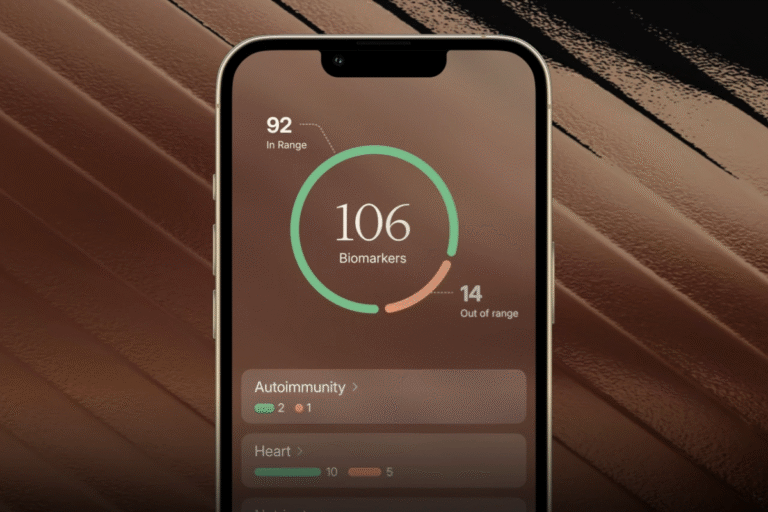Spirituality isn’t all woo-woo.
Divine intervention. Growing evidence links spiritual beliefs to positive health outcomes, including lower rates of all-cause mortality, depression, and substance use.
Researchers say spirituality—defined as having a sense of meaning, purpose, and connection to something larger than oneself—is a social determinant of health warranting clinical attention.
But, just 7% of medical schools currently require coursework on the subject, and 46% of public health graduate students say spirituality’s impact is never mentioned.
Soul searching. The majority of humans still consider spiritual health important, but it’s becoming harder to cultivate and declining with generations.
- Gen Zers are 3x more likely than baby boomers to struggle with spiritual health.
- Gen Zers with poor spiritual health are up to 4x less likely to have good mental health and 2x less likely to have good physical or social health.
Self-reporting lack of purpose and resilience, young people are soothing worries with wellness and paying for social experiences in search of connection.
But as concepts like holistic health and alternative medicine enter the mainstream, spirituality could resurge as a core element of well-being.
Punchline: Post-Enlightenment, organized religion was understandably separated from health science. Coming full circle, experts are beginning to suggest faith—whether from religion, nature, or human connection—could be as vital as food and fitness.






